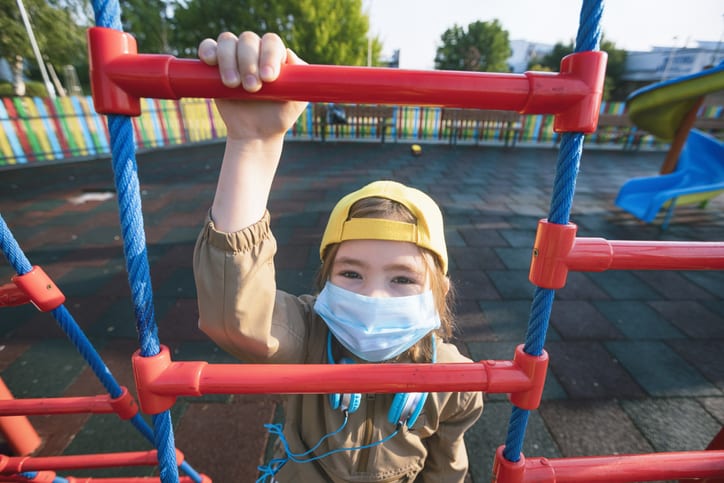
by rachael | Jun 20, 2025 | General News
Now that summer has rolled around, Maine is teeming with fresh produce! These unprocessed fruits and vegetables—as well as locally-raised meat and dairy products—are great sources of the vitamins and minerals that your body needs to succeed. Fortunately, there are...

by kayla | Jun 10, 2025 | General News
After four years of dedicated service to the Bridgton community, DFD Russell Medical Center has made the difficult decision to close its Bridgton location, with the last day of patient care scheduled for August 28, 2025. This decision follows a comprehensive review of...

by rachael | Dec 22, 2024 | General News
You know this well: Maine winters bring beautiful snow-draped landscapes, fun outdoor opportunities, and the perfect excuse to cozy up by the wood stove. However, they also bring an uptick in colds, flu, and other respiratory illnesses. As you make the most of these...

by wwintern | Jul 18, 2024 | General News, Physical Health
As we dive into the summer season, it’s important to stay safe while enjoying the warm weather and outdoor activities. Check out our essential summer safety tips to help you have a fun and healthy season. 1. Stay Hydrated: With the temperatures rising,...

by rachael | Jan 23, 2023 | General News
You’ve probably been to a birthday party and heard parents commenting on their kids’ sugar rush. Or sighed yourself at the hyperactive energy on display after a round of trick-or-treating or Valentine’s Day candies. But are sugar highs fact or fiction? It turns out...

by hanna | Jun 10, 2021 | General News, Mental Health, Physical Health
Studies show that over the summer kids can lose much of what they learned during the school year. By planning activities for your kids this summer, you’re keeping them physically, mentally and socially strong. The added structure to their daily routine is a bonus for...







